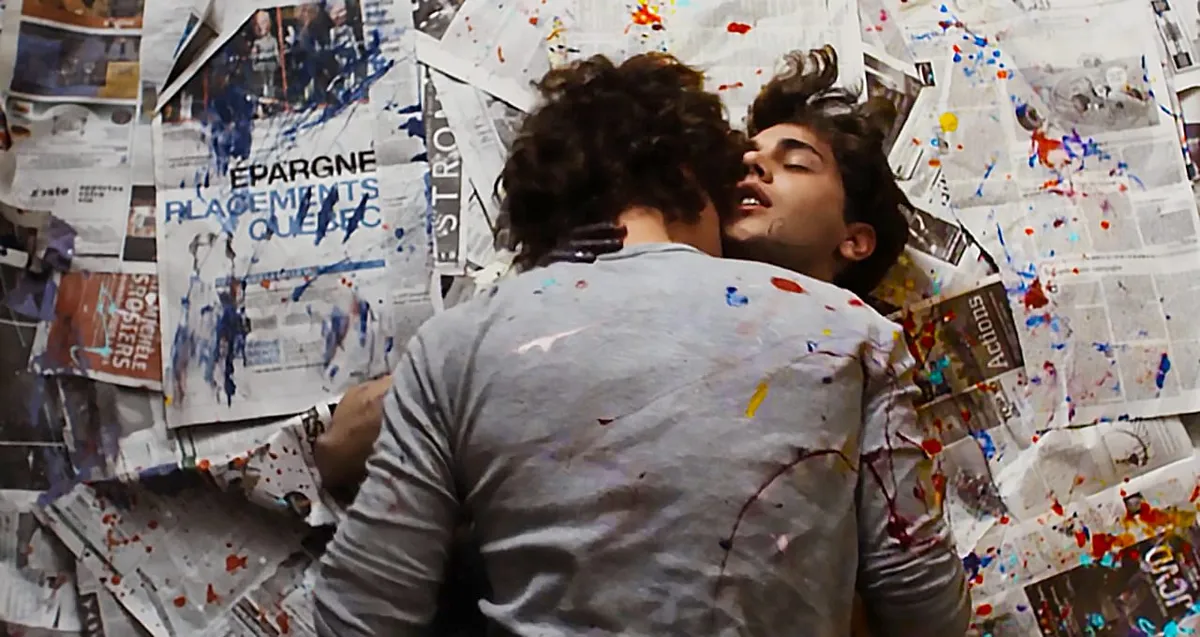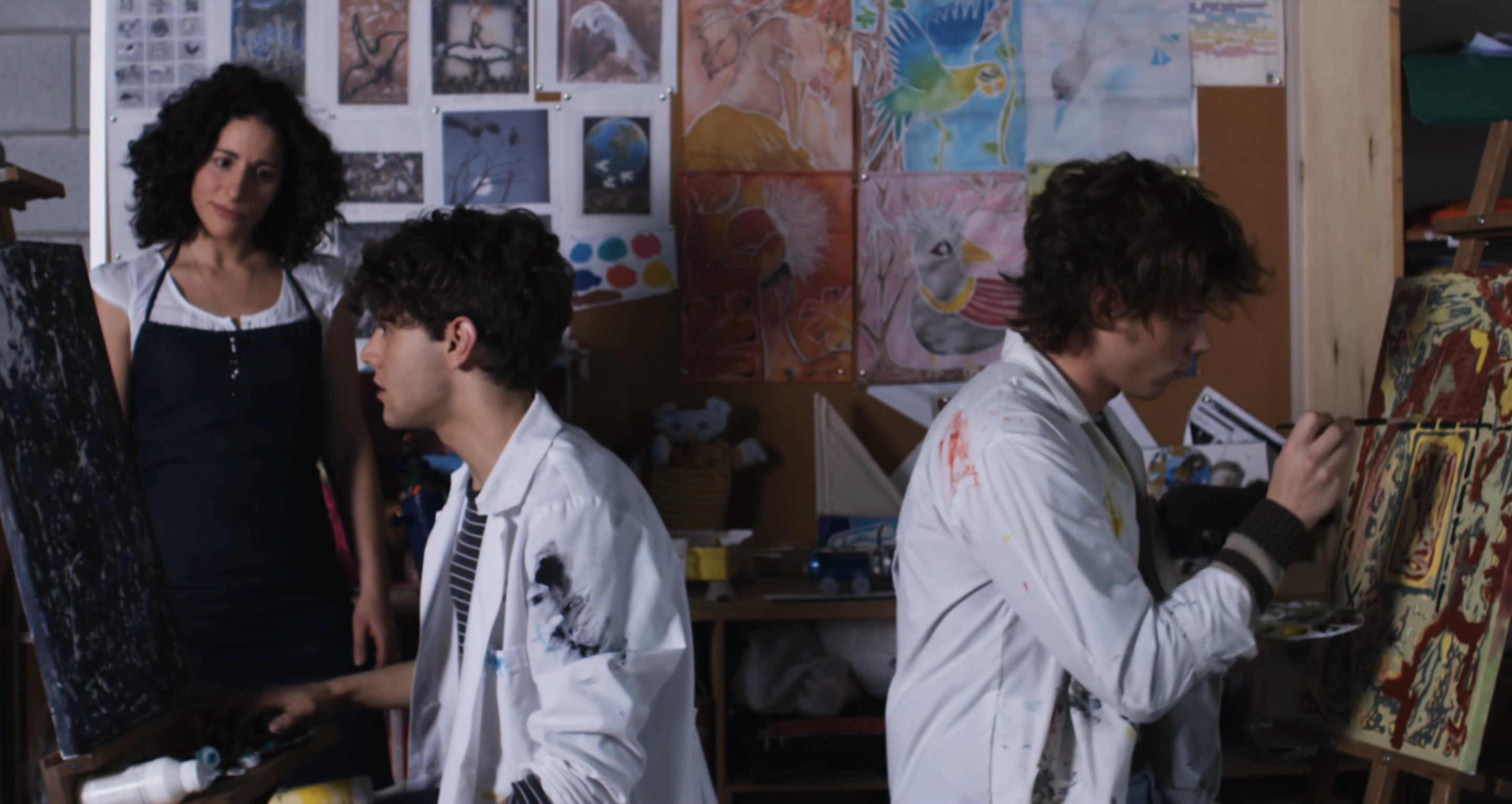I Killed My Mother (J’ai tué ma mère) is a 2009 Canadian semi-autobiographical drama film written, directed by, and starring Xavier Dolan in his feature debut. Made when Dolan was only 19 years old, the film garnered international acclaim for its raw, emotional storytelling and striking visual style, marking the arrival of one of contemporary cinema’s most distinctive voices. It is both a deeply personal confession and an exploration of the turbulent, complex bond between a mother and her teenage son.
The story centers on Hubert Minel, a 17-year-old high school student navigating the awkward, volatile years between adolescence and adulthood. Hubert lives with his single mother, Chantale, a woman he simultaneously loves and resents. Their relationship is marked by constant arguments over seemingly trivial issues—messy rooms, school performance, clothing choices—but these clashes mask deeper emotional wounds. Hubert’s frustrations stem from feeling misunderstood and suffocated, while Chantale struggles with her own insecurities, financial stress, and the challenge of raising a son who keeps pushing her away.
Hubert is also grappling with his identity, particularly his sexuality, which he keeps hidden from his mother. While he confides in friends and navigates a relationship with his boyfriend, Antonin, he feels an emotional gulf growing between himself and Chantale. This tension escalates into a mix of cruelty and tenderness, where moments of genuine affection are quickly replaced by sharp words and bitter silences. The title of the film reflects Hubert’s hyperbolic expression of his emotional state—his inability to reconcile his love for his mother with the anger and alienation he feels toward her.

Visually, I Killed My Mother is inventive and expressive. Dolan employs close-ups, poetic montages, and bursts of color to convey Hubert’s inner world. The film alternates between naturalistic dialogue scenes and stylized sequences, sometimes incorporating slow-motion and dreamlike imagery to emphasize the heightened emotions of adolescence. The use of Hubert’s video diary adds another layer of intimacy, allowing the audience direct access to his thoughts in ways he cannot express to those around him.
The performances are a standout aspect of the film. Dolan himself brings a mix of vulnerability and arrogance to Hubert, capturing the contradictions of youth. Anne Dorval, as Chantale, delivers a nuanced portrayal that avoids caricature—she is infuriating, loving, flawed, and deeply human. Their on-screen dynamic is electric, each confrontation charged with both exasperation and a desperate longing for understanding.
Critically, I Killed My Mother was hailed as an extraordinary debut, winning multiple awards at the 2009 Cannes Film Festival, including the Art Cinema Award in the Directors’ Fortnight section. It resonated with audiences for its honesty, emotional intensity, and refusal to offer easy resolutions. The film’s themes—generational disconnect, the search for identity, and the pain of familial love—are universal, even as the story remains deeply rooted in Dolan’s own experiences.

Ultimately, I Killed My Mother is not about literal violence, but about the emotional casualties that come from love strained to its limits. It is a portrait of a relationship in which affection and frustration coexist, and where reconciliation may be possible but never simple. For a debut feature, it is an astonishingly assured work, one that paved the way for Dolan’s career as a bold, uncompromising filmmaker.
-1751709156-q80.webp)

